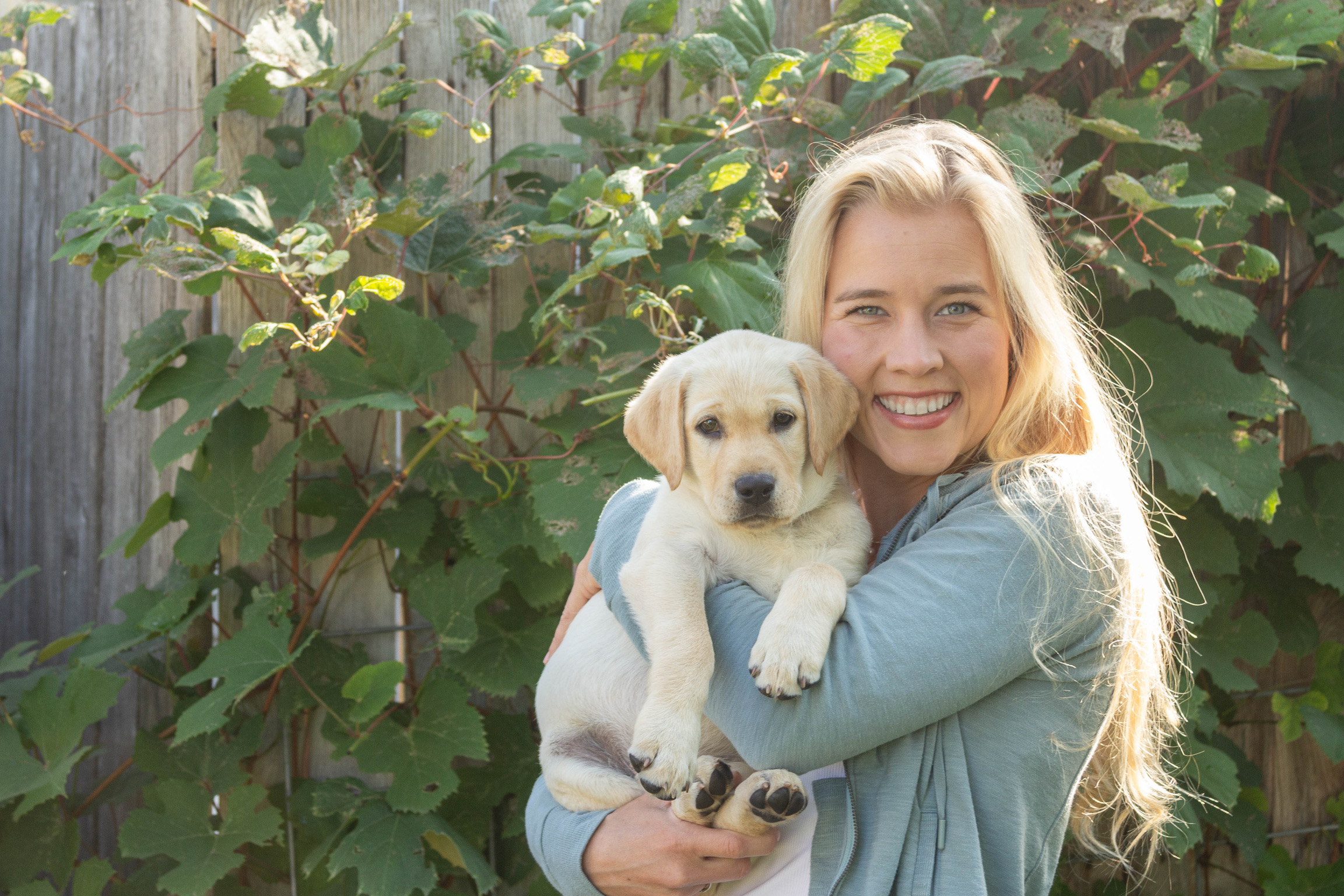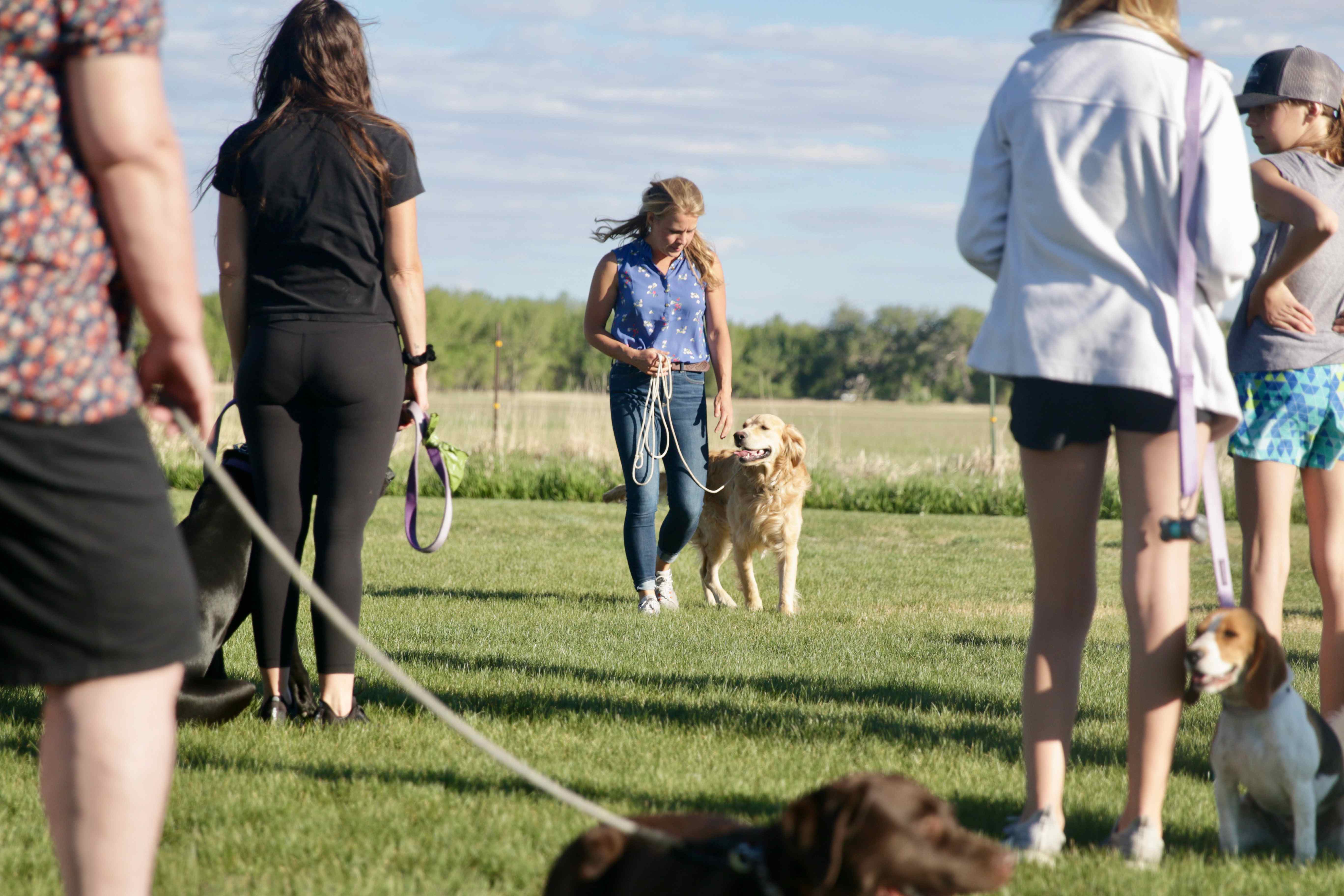
Bringing home a new puppy is one of life's greatest joys, but it can also be overwhelming—especially for first-time dog owners in Northern Colorado. After working with hundreds of families in Fort Collins, Greeley, Loveland, and surrounding areas, I've noticed the same training mistakes happening again and again.
The good news? These mistakes are completely avoidable when you know what to look for. Let's dive into the five most common puppy training mistakes I see and, more importantly, how you can avoid them to set your puppy up for lifelong success.
1. Waiting Too Long to Start Training
The Mistake: Many Northern Colorado families think they should wait until their puppy is 6 months old or "fully grown" before starting serious training.
Why It's Problematic: Puppies have a critical socialization period between 3-14 weeks old. Missing this window makes training significantly more challenging later on.
The Solution: Start training the day you bring your puppy home. Even at 8 weeks old, your puppy can learn basic commands like "sit," "stay," and proper house training routines. In our Northern Colorado climate, early training is especially important since winter weather can limit outdoor socialization opportunities.
"We started training our Golden Retriever puppy, Max, at 9 weeks old with Alli's program. By 4 months, he was reliably house-trained and knew all his basic commands. Starting early made all the difference!" - Sarah M., Fort Collins
2. Inconsistent Rules Between Family Members
The Mistake: Dad allows the puppy on the couch, but Mom doesn't. The kids give treats freely, but parents want structured reward timing.
Why It's Problematic: Inconsistency confuses your puppy and slows down the learning process. Dogs thrive on clear, consistent expectations.
The Solution: Hold a family meeting before your puppy arrives. Establish house rules that everyone agrees to follow:
- Where is the puppy allowed to sleep?
- What furniture can they access?
- Who feeds the puppy and when?
- What commands will you use? (Choose one word per command)
- How will you handle accidents?
Write these rules down and post them where everyone can see them. Consistency is key to success.
3. Skipping Socialization Due to Colorado Weather
The Mistake: Northern Colorado winters can be harsh, and many families use cold weather as an excuse to skip socialization activities.
Why It's Problematic: Proper socialization prevents fear-based behaviors and aggression later in life. A puppy that isn't properly socialized may become reactive to new people, dogs, or situations.
The Solution: Get creative with indoor socialization during Colorado's winter months:
- Visit pet-friendly stores like Home Depot or Petco
- Arrange puppy playdates in heated garages or basements
- Attend indoor puppy socialization classes
- Invite friends over to meet your puppy
- Practice car rides to different locations
Don't let a little snow stop your puppy's social development!
4. Using Punishment Instead of Positive Reinforcement
The Mistake: Yelling, scolding, or using physical corrections when the puppy makes mistakes.
Why It's Problematic: Punishment can create fear, anxiety, and even aggression. It also doesn't teach your puppy what you DO want them to do.
The Solution: Focus on positive reinforcement training methods:
- Reward good behavior immediately with treats, praise, or play
- Redirect unwanted behavior to something appropriate
- Ignore attention-seeking behaviors (like jumping or whining)
- Set your puppy up for success by managing their environment
Remember: You catch more flies with honey than vinegar, and the same applies to puppy training!
5. Giving Up Too Early
The Mistake: Expecting immediate results and giving up when progress seems slow.
Why It's Problematic: Puppy training is a marathon, not a sprint. Giving up too early means missing out on the incredible bond and well-behaved companion you could have.
The Solution: Set realistic expectations and celebrate small wins:
- House training typically takes 4-6 months for complete reliability
- Basic obedience commands may take 2-4 weeks to solidify
- Behavioral issues like jumping or nipping can take several months to fully resolve
Track your puppy's progress in a training journal. You'll be amazed at how much they've learned when you look back!
Your Next Steps to Puppy Training Success
Avoiding these common mistakes will put you and your puppy on the path to success. Remember, every puppy is different, and what works for one may need adjustment for another.
If you're feeling overwhelmed or want professional guidance, consider enrolling in our comprehensive puppy training program. We've helped hundreds of Northern Colorado families raise well-behaved, confident dogs, and we'd love to help you too.
Have questions about your specific puppy training challenges? Reach out to us for personalized advice tailored to your situation.
Remember: The time and effort you invest in training your puppy now will pay dividends for the next 10-15 years. Your future self (and your neighbors) will thank you!
